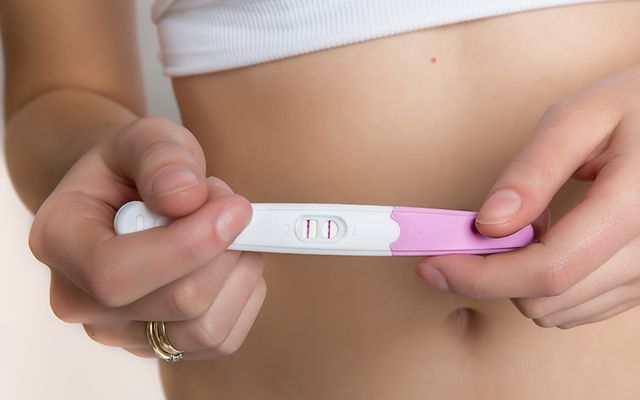A young Irish girl seeking an abortion was involuntarily admitted to a mental health unit under the Mental Health Act, despite her treating psychiatrist deeming her to be at risk of suicide, an issue that would allow her abortion to be permitted in Ireland. Days later, another psychiatrist testified that the girl did not suffer from a psychological disorder and that there was no evidence to suggest she should be detained in a mental health unit.
While abortion is legal in Ireland if it is thought the life of the mother to be at risk, including from the risk of suicide, the psychiatrist rejected the girl’s appeals for a termination and applied for her to be involuntarily committed her under the Mental Health Act, deciding that an abortion “was not the solution”.
Appearing before the courts last year, the order was made to detain the girl following evidence given by a psychiatrist that the pregnancy was putting her at risk of self-harm and suicide. The psychiatrist determined, however, that “this could be managed by treatment and that termination of pregnancy was not the solution for all the child’s problems at this stage”.
The case was among 22 other cases released today by the Child Care Law Report Project.
Read more: Irish abroad look set to fly #HomeToVote on abortion referendum
Leo Varadkar says recent report about young girl being sectioned and denied an abortion is 'disturbing' @thejournal_ie pic.twitter.com/ZyORk1U8ji
— Christina Finn (@christinafinn8) June 12, 2017
A few days after the initial physiatrist assessment, a second professional stated that although the girl was depressed “there was no evidence of a psychological disorder”.
“As the young girl did not have a mental illness she could not be detained under the Mental Health Act,” states the case report.
“The consultant psychiatrist also reported that the young girl had very strong views as to why she wanted a termination of her pregnancy.”
This opinion was backed up by the young girl’s treating adolescent psychiatrist who had met with her a few days before the application for detention was submitted and did not believe her to have an acute mental health disorder.
“He was of the opinion that while the young girl remained agitated and angry, she did not suffer from an acute mental health disorder that warranted her detention under the Mental Health Act 2001,” the report states.
Read more: Irish citizens vote for unrestricted abortion rights
Two men can marry each other in Ireland. But a pregnant girl (14) who wants an abortion is locked up #repealthe8th https://t.co/fJ9uOrEHc6
— Roisin Ingle (@roisiningle) June 12, 2017
“The consultant adolescent psychiatrist said that there was an initial concern of self-harm and that she was very distressed to find out about the pregnancy.”
He also believed that it was difficult to properly assess the girl’s mental health as she became angry and agitated when it emerged that she was to be detained in a mental health unit. The girl and her mother had previously believed that they were being transferred to Dublin for an abortion.
Abortion is illegal in Ireland and only allowed if it is shown that the life of the mother is at risk. A 1983 referendum set the rights of the unborn child as having equal weight as that of the mother but the battle has raged on over the last three decades, coming to a head in the past number of years due to high profile cases such as Savita Halappanavar who died of complications in 2012 after she was denied an abortion, despite knowing her unborn baby would not survive outside of the womb.
The public outrage following this case, in particular, lead to the Protection of Life During Pregnancy Act which allowed for a mother’s right to an abortion when her own life was at risk. Coming into force on January 1, 2014, it does not appear that the Act was invoked in this case, despite her having been deemed suicidal as a result of the pregnancy by the first psychiatrist.
Ireland, you stay classy.
Page one of Monday's Irish Times.#repealthe8th pic.twitter.com/34ZHtWnBso
— Newsworthy_ie (@newsworthy_ie) June 11, 2017
In her case, the girl would have required three medical practitioners, including two psychiatrists, to have “jointly certified in good faith” that her life was in risk for the abortion to go ahead.
The case, however, was to determine whether or not she should be sectioned under the Mental Health Act with the judge siding with the young girl that she should not be detained.
Although abortion is illegal in Ireland, that is not to say that Irish women are not acquiring a termination but they are forced to travel to other countries to do so. An estimate average claims that 12 women a day travel to another country from Ireland for an abortion.
In April, a Citizen’s Assembly voted to give the Oireachtas (Irish houses of parliament consisting of the Dáil and Seanad) a mandate to legislate on the issue of abortion, recommending unrestricted access to abortion in Ireland by 64% vote.
H/T: Irish Times




Comments